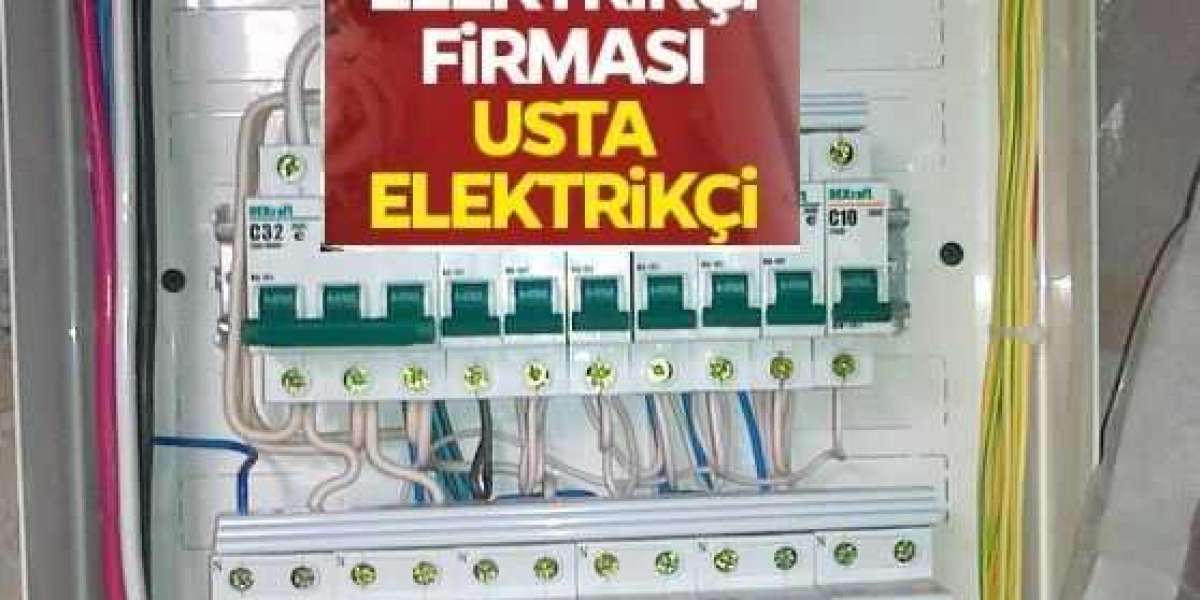When it comes to maintaining clean and healthy indoor air quality, choosing the right air filter is crucial. With so many options available in the market, it can be overwhelming to determine which one is best suited for your needs. In this article, we will explore the different types of air filters and provide you with the knowledge to make an informed decision.
1. The Importance of Air Filters
Air filters play a vital role in improving indoor air quality by trapping airborne particles such as dust, pollen, pet dander, and mold spores. They help reduce the risk of allergies, respiratory issues, and other health problems caused by poor air quality. Understanding the different types of air filters will enable you to choose the one that effectively captures pollutants and keeps your indoor environment clean and fresh.
2. Understanding Different Types of Air Filters
There are several types of air filters available, each with its own unique characteristics and filtration capabilities. Let's explore some of the most common ones:
2.1 Fiberglass Filters
Fiberglass filters are the most basic and affordable option. They consist of a thin layer of fiberglass fibers that capture larger particles. While they are effective in trapping dust and debris, they do not provide high-level filtration for smaller particles or allergens.
2.2 Pleated Filters
Pleated filters are made of polyester or cotton and have a larger surface area than fiberglass filters. This allows them to capture a higher percentage of airborne particles, including smaller ones. Pleated filters are a popular choice for residential and commercial applications due to their improved filtration efficiency.
2.3 High-Efficiency Particulate Air (HEPA) Filters
HEPA filters are the gold standard when it comes to air filtration. They are capable of capturing up to 99.97% of particles as small as 0.3 microns. HEPA filters are commonly used in hospitals, laboratories, and other environments where clean air is critical. However, it's important to note that HEPA filters may restrict airflow, so they may not be suitable for all HVAC systems.
2.4 Activated Carbon Filters
Activated carbon filters are designed to remove odors, gases, and volatile organic compounds (VOCs) from the air. They contain a layer of activated carbon that absorbs these pollutants, leaving the air smelling fresh and clean. Activated carbon filters are often used in conjunction with other types of filters to provide comprehensive air purification.
3. Choosing the Right Air Filter for You
Now that you have a better understanding of the different types of air filters, it's time to choose the one that is right for you. Consider the following factors:
3.1 Filtration Efficiency
Determine the level of filtration you require based on your specific needs. If you have allergies or asthma, a higher filtration efficiency, such as a HEPA filter, may be necessary. For general air cleaning, a pleated filter with a MERV (Minimum Efficiency Reporting Value) rating of 8 or higher should suffice.
3.2 HVAC System Compatibility
Ensure that the air filter you choose is compatible with your HVAC system. Some filters may restrict airflow, causing strain on the system and reducing its efficiency. Check your HVAC system's specifications or consult a professional to determine the appropriate filter size and type.
3.3 Maintenance and Replacement
Consider the maintenance requirements and replacement frequency of the air filter. Some filters need to be replaced more frequently than others, so factor in the cost and availability of replacements when making your decision.
3.4 Budget
Lastly, consider your budget. While HEPA filters offer the highest level of filtration, they are also more expensive. Evaluate your priorities and choose an air filter that strikes a balance between performance and affordability.
Remember, the right air filter is the one that meets your specific needs and provides optimal air quality for your indoor environment. Take the time to research and compare different options before making a decision.
In conclusion, understanding the different types of air filters is essential for maintaining clean and healthy indoor air quality. By choosing the right air filter, you can effectively remove airborne pollutants and improve the overall comfort of your living or working space. Whether you opt for a fiberglass filter, pleated filter, HEPA filter, or activated carbon filter, make sure it aligns with your filtration requirements, HVAC system compatibility, maintenance needs, and budget. Breathe easy knowing that you have made an informed decision to create a healthier indoor environment for yourself and your loved ones.








